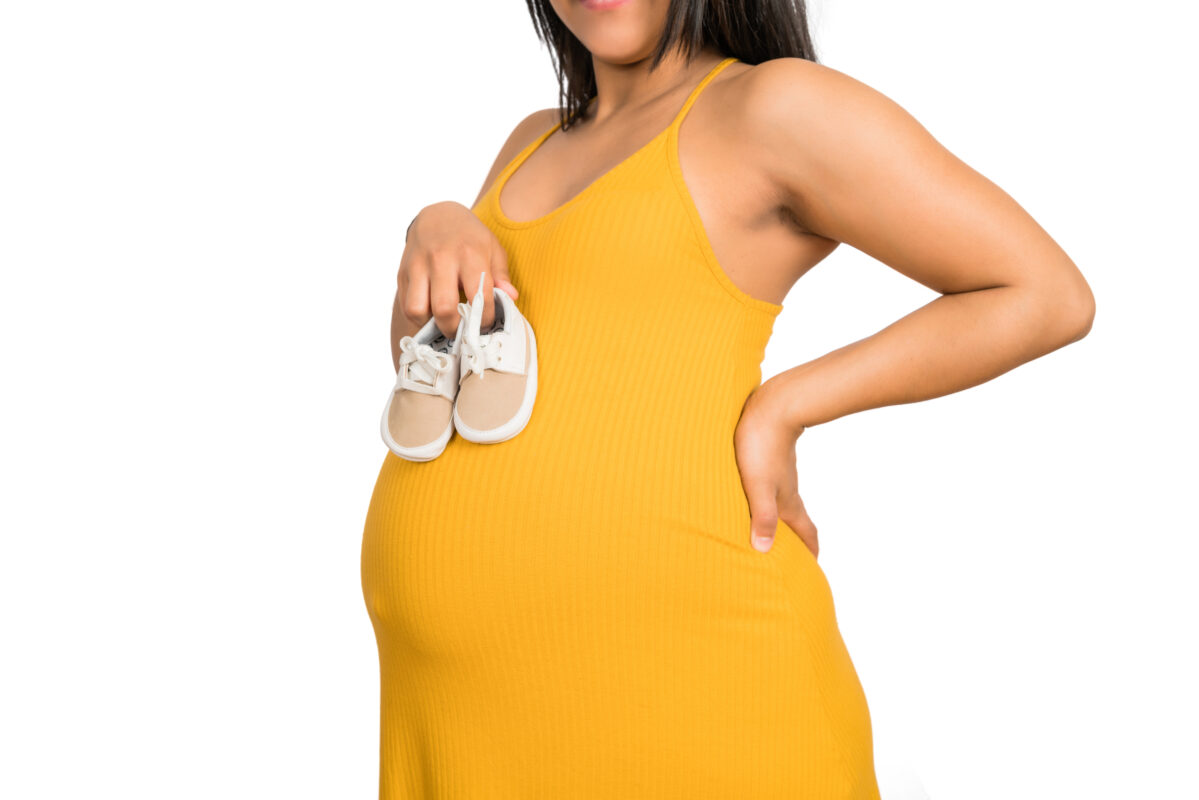The idea of incorporating antenatal dental visits into the usual antenatal hospital visits has been a foreign concept to many people.
You probably didn’t know that when a woman is pregnant, it is very important for her to go for an antenatal dental visit.
Maybe you didn’t know that research has shown a link between oral infection and pre-term birth as well as low birth weight.
the importance of antenatal dental visits
Mr and Mrs Ajibade’s story…
Sade Ajibade sat in the reception with her husband, waiting their turn at the dental clinic.
As soon as her physician confirmed her pregnant three days before, he had discussed with her the need to include an antenatal dental visit in her antenatal care.
She remembered how surprised she was when her physician told her. It was a surprise to her to find out that it in order to give her unborn child the best prenatal care, she needed to visit the dentist. She used to be one of those people who easily forgot that the mouth was a part of the body.
BUILD A HEALTHY FAMILY, START EARLY
Antenatal care should include a visit to the dentist.

THEIR FIRST ANTENATAL DENTAL VISIT
It was soon their turn and they had a good time with the dentist at Schubbs Dental Clinics.
He explained to them the benefits of antenatal dental visits and shared the following tips:
- Dental visits should begin before conception because the mother’s health and nutritional state would affect her baby.
Such visits would educate the parents and also prepare them to take care of their child’s teeth after the child is born. - It is advised that the best time to visit the dentist is during the second trimester of pregnancy. In that period, most dental treatments can be done without a fear of a negative impact on the mother or unborn child.
- If you have to see a dentist during the first or third trimester, your dentist would take necessary precaution.
- As a result of hormonal changes, the pregnant woman may become more prone to some oral diseases such as gingivitis.
Visits to the dentist during pregnancy would help to address these issues. - During an antenatal dental consultation, the dentist may discover a tooth disease at its early stages and treat it, protecting the mother and her unborn baby.
The dentist will also advise the expecting mother on tips that would improve her dental health.
When a pregnant woman is well-cared for, it affects her unborn baby- from the teeth to the rest of the body.
When a mum-to-be practices good oral hygiene, she protects her baby.
If a mother has poor oral hygiene during pregnancy, it can prevent her child from growing healthy and strong in the womb.
It is very important for every expecting couple to pay attention to the medications taken by the mother.
While some medicines are important for the baby to grow healthy and strong in the womb,
some other medicines can have adverse effects on the unborn child if taken by the mother during pregnancy.
Apart from their impact on the general health, some medicines have direct impact on the oral health of the unborn child.
- During pregnancy, Tetracycline, an antibiotic should be avoided as it will cause discoloration of the child’s teeth and bones.
In a case of an illness, the pregnant woman should avoid self-medication and see her physician. - Right levels of folic acid and other vitamins in the mother help to prevent some congenital diseases. It is important to find out from your physician if and how you should take vitamin pills.
Some congenital diseases do not only affect the general health of the child but also affects the oral health.
Good oral hygiene in a child starts immediately after birth.
A baby’s mouth should be cleaned with a napkin and water even before the first tooth erupts, this helps to form the habit of tooth brushing.
When teeth erupt, it will be easy to gain the cooperation of the child to brush twice daily

HOW DOES ORAL DISEASE IN MY MOUTH AFFECT MY UNBORN CHILD?
Studies have shown that bacteria and their products that cause disease in the periodontium (the tooth-supporting structures) may have a negative effect on pregnancy.
When bacteria from the mouth gets into blood, it can reach the amniotic fluids and affect the unborn child by contributing to a condition known as vaginosis.
One bacteria frequently seen in vaginosis is the fusobacteria which is bacteria that commonly causes periodontal disease.
Vaginosis may then result in pre-term birth and low birth weight.
Chronic disease of the tooth supporting tissues has also been seen to be associated with pre-eclampsia.

